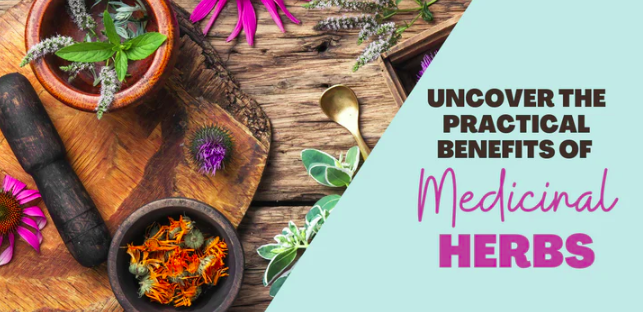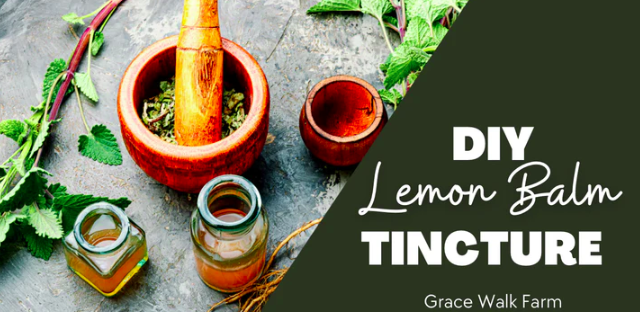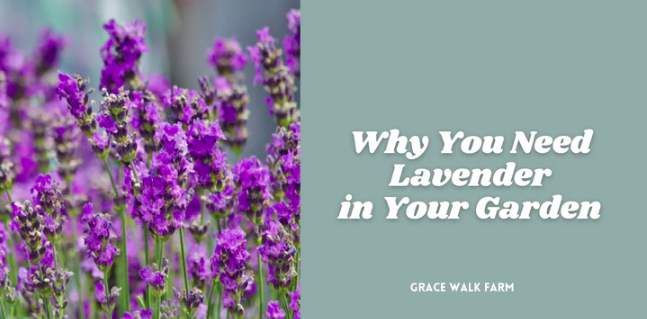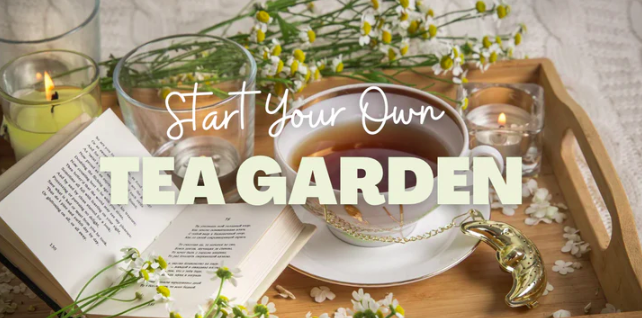Today we’re talking about medicinal herbs, and I’ve got a great story for you. Let me set the scene…
Welcome to Grace Walk Farm, our family homestead in western NC. We share the highs and lows of our homestead journey, in hopes that it will encourage you to grow your own food too. Click here to grab our Beginner Garden Guide for free! Join our 600K strong Instagram community of homesteaders here. Thanks for stopping by!
It was a typical Tuesday afternoon and a friend – we’ll call her Jane – was feeling under the weather. She had a terrible headache, her throat was sore, and her nose was clogged. So, she did what any sensible person would do – she went to the doctor.
The doctor prescribed her some antibiotics and painkillers, but Jane wasn’t too thrilled at the idea of popping pills. She wanted to try something more natural, something that wouldn’t have any side effects.
And that’s when she stumbled upon the wonderful world of medicinal herbs. She called up her friend, who had a huge herb garden and she started asking questions. Her friend shared some herbs and soon Jane started feeling better.
Her friend gave her chamomile, which she used to make a soothing tea. She also added some ginger to the mix to help with her sore throat. It was surprisingly delicious, and Jane immediately felt a bit better. The chamomile also helped her relax and get some much-needed rest.

Now, Jane had never been much of a plant person. In fact, she had a bit of a history of killing houseplants. But she was determined to give this a try. She did some research, talked to some experts, and started her own little herb garden.
Next up, Jane tried echinacea, which is known for its immune-boosting properties. She added it to her morning smoothie, along with some spinach and berries, and it was surprisingly tasty.

But the real hero of Jane’s herb garden was peppermint. She had read that it was great for headaches, and boy was she glad she had it on hand. Whenever she felt a headache coming on, she would simply take a few leaves of peppermint and crush them up in her hands. She would then inhale the aroma deeply. Sometimes she would sip a cup of peppermint tea too.
And that’s the thing about medicinal herbs – they may seem a bit intimidating at first, but once you start using them, you realize just how powerful they can be. They’re all-natural, affordable, and easy to grow yourself.

But don’t just take my word for it – let me tell you another story – this one is about Jane’s husband, Mike.
Mike was a skeptic, to say the least. He had always been a bit of a “modern medicine” kind of guy, and he scoffed at the idea of using plants for healing.
But then, one day, he got a nasty cut on his hand. It was bleeding a lot despite applying lots of pressure and he didn’t have any gauze on hand.
Desperate for a solution, Mike remembered something he had heard Jane say about aloe vera. He spotted the small aloe plant on the windowsill, so he decided to give it a try.

He broke off a leaf and squeezed the gel onto his cut. And you know what? It worked like a charm. The bleeding stopped almost immediately, and the wound healed up faster than he had ever seen before.
Now, Mike even enjoys peppermint tea with Jane. The herb garden has become a fun hobby that they share.
So, there you have it – two stories of regular people who discovered the power of medicinal herbs. And trust me, there are plenty more where those came from.
Have you tried making your own lemon balm tincture yet?!
From lavender to rosemary to turmeric, there are so many incredible plants out there that can help you feel better, look better, and live better.
If you’re new to the world of medicinal herbs, my advice is to start small. Pick one or two plants that you find interesting and research their benefits and how to grow them.
You don’t need a big garden to get started – even a small pot on a windowsill can do the trick. And if you’re worried about killing your plants, don’t be. With a bit of care and attention, you’ll be amazed at how resilient these little guys can be.
One of the things I love most about medicinal herbs is that they can be used in so many different ways. You can make teas, tinctures, salves, and more. And the best part?
You can customize them to your liking. Want a tea that’s a bit sweeter? Add some honey. Want a tincture that’s a bit more potent? Use more herbs.
But perhaps the most important thing to keep in mind when using medicinal herbs is to always do your research. While these plants are all-natural, that doesn’t mean they’re completely harmless.
Some herbs can interact with medications or have side effects if used improperly. So, make sure you’re getting your information from reliable sources.
When I first started learning about herbs, I signed up for a class at Herbal Academy. I highly recommend their courses and workshops for herbalists of all levels.

Want to Learn More About Herbs? Check out these posts…


Also check out these blogs:




